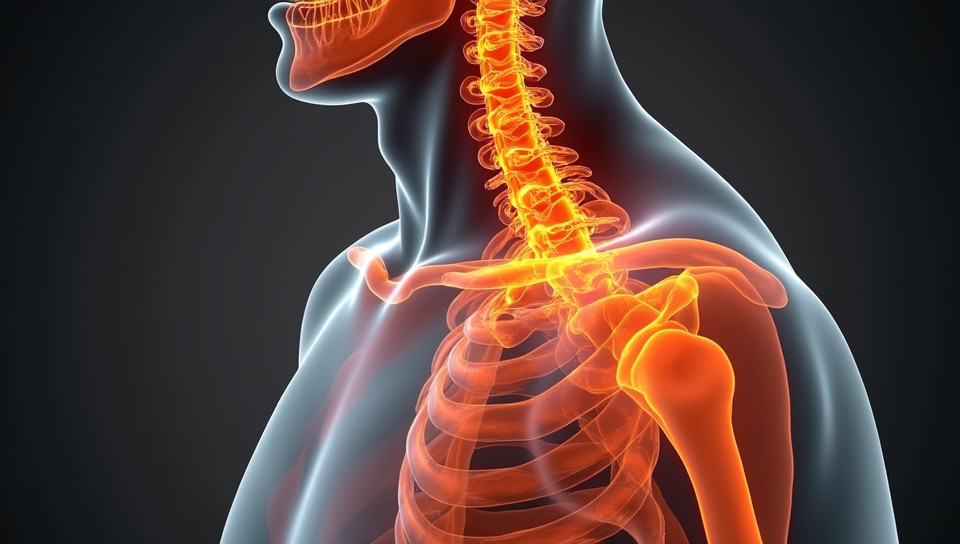Low vitamin D levels can cause osteoporosis 71%

The Hidden Dangers of Low Vitamin D: How it Can Lead to Osteoporosis
As we age, our bones undergo natural changes that can make them more susceptible to disease. One of the most common and debilitating conditions affecting millions worldwide is osteoporosis – a condition characterized by brittle and porous bones that are prone to fractures. While lifestyle factors such as diet, exercise, and smoking play significant roles in its development, research has shown that low levels of vitamin D can significantly contribute to this condition.
The Importance of Vitamin D
Vitamin D is an essential nutrient that plays a crucial role in maintaining strong bones by regulating calcium levels in the body. When we are exposed to sunlight, our skin produces vitamin D, which is then absorbed into the bloodstream and distributed to various parts of the body, including the bones. A deficiency in this vital nutrient can lead to impaired bone mineralization, making them more susceptible to osteoporosis.
Risk Factors for Low Vitamin D Levels
Several factors increase the likelihood of developing low vitamin D levels, including:
- Spending most of your time indoors
- Living in regions with limited sunlight during winter months
- Having a darker skin tone, which reduces the skin's ability to produce vitamin D from sunlight
- Being obese or having a high body mass index (BMI)
- Taking certain medications that interfere with vitamin D absorption
The Consequences of Low Vitamin D Levels on Bone Health
Low levels of vitamin D can lead to several bone-related issues, including:
- Weakened bones and an increased risk of fractures
- Osteoporosis, particularly in older adults
- Rickets in children, causing bowed legs and other skeletal deformities
- Increased risk of osteopenia, a precursor to osteoporosis
Prevention is Key: Maintaining Healthy Vitamin D Levels
Fortunately, maintaining healthy vitamin D levels can be achieved through a combination of lifestyle changes and dietary supplements. Some ways to boost your vitamin D levels include:
- Spending time outdoors during peak sunlight hours (10 am – 4 pm)
- Eating foods rich in vitamin D, such as fatty fish, egg yolks, and fortified dairy products
- Taking vitamin D supplements, especially during winter months or if you have a deficiency
Conclusion
Low levels of vitamin D can have devastating effects on bone health, leading to osteoporosis and other related conditions. By understanding the importance of vitamin D, identifying risk factors, and taking preventive measures, we can reduce our likelihood of developing this debilitating condition. Prioritize your bone health by getting enough sunlight, eating a balanced diet, and maintaining healthy levels of vitamin D – it's a crucial step in ensuring strong bones for life.
- Created by: Andrea Ramirez
- Created at: Oct. 13, 2024, 1:52 p.m.
- ID: 12417









